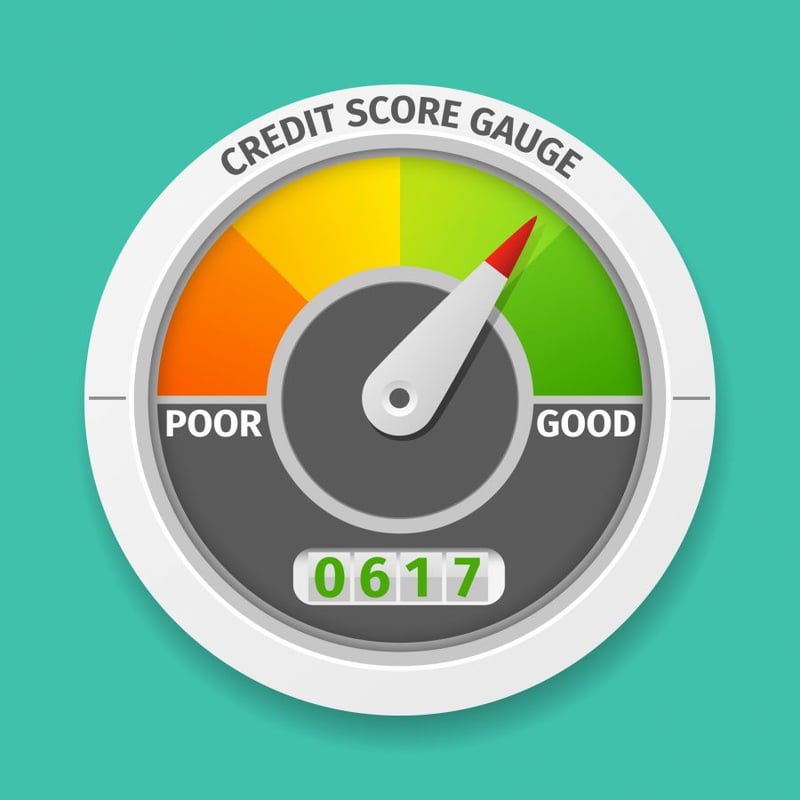Four Important To Do’s to Keep Your Credit Score in Check
Submitted by: Carla
Do you have any idea what your credit record is reflecting? You might be under the impression that everything is A-Okay on your credit profile. But, what you don’t realise is, that it might have a few bumps and bruises already. Don’t you think it is about time to get, and keep, your score in check? “How on earth am I going to set the record straight again?” you may ask.
According to Matthys Potgieter, spokesperson and debt expert at DebtSafe, you have to know what is going on with your credit profile to improve it or keep it in a ‘good/healthy condition’. As a start - you can download your free credit profile each year at various credit bureaus: TransUnion, XDS or Experian (to name but a few).
On top of this, Potgieter also recommends four important things that you have to take into account to keep your credit score in check:
DEBT PAYMENTS / OBLIGATIONS: The debt cycle is very real – take a look at recent statistics provided by the National Credit Regulator (also known as the NCR). Perhaps you are in the same boat as many other consumers who borrow too much money which cannot be paid back in a time? Your credit score can look disastrous if you don’t take care of all your debt obligations. Don’t skip payments, rather make payments in a timely manner and try to pay off more than your debt amount requires (where you can). And, for future reference: don’t spend what you don’t earn and avoid superfluous credit agreements / accounts.
BUDGET: Since missing payments can affect your credit record, it is always best to start off by budgeting properly for each month. If you don’t have a budget that is ‘within reach’ / visible, you won’t have your bigger financial picture in mind. You can make use of a budget phone app, use plain old fashioned pen and paper or have an Excel sheet saved on your desktop.
SHORT- / MEDIUM- / LONG-TERM FINANCIAL GOALS: Apart from your budget, without financial goals, you are surely going nowhere getting your credit score sorted out. Do some proper research and find the best investment provider or options for your short-, medium- or long-term goals. These goals can range from expenses that you need to save for, like gifts (short-term goal), your retirement savings / investment (a long-term goal for example) OR, paying your car off (medium-term goal). If you have a specific goal in mind and stick to it, you will surely avoid missing any of your necessary payments. CREDIT
LIFE INSURANCE: It might be harsh but cut to the chase - do you have credit life / linked insurance to cover your debts during unforeseen events like death or retrenchment? Life happens - you don’t want your loved ones to be stuck with your debt and bad credit score implications, now do you? See to it that you have credit linked / life insurance in place as your backup. This type of insurance will take care of your debts when you can’t.
Keep your credit score in check from now on. If, however, you are trying your best to incorporate these above tips in your daily finance management, and don’t see the slightest change in your financial situation or credit score – start to turn your debt situation around. You can contact DebtSafe to assist.

